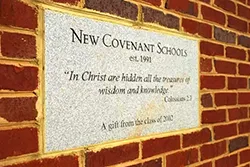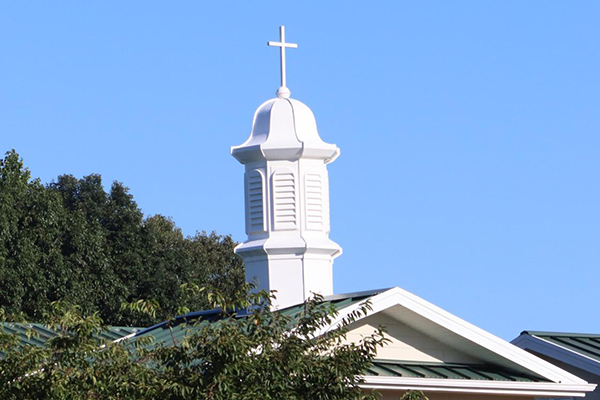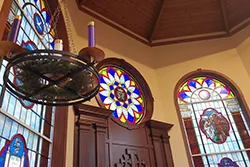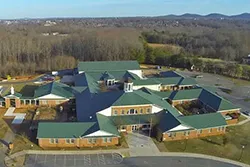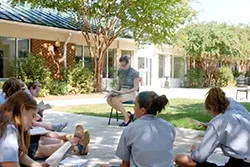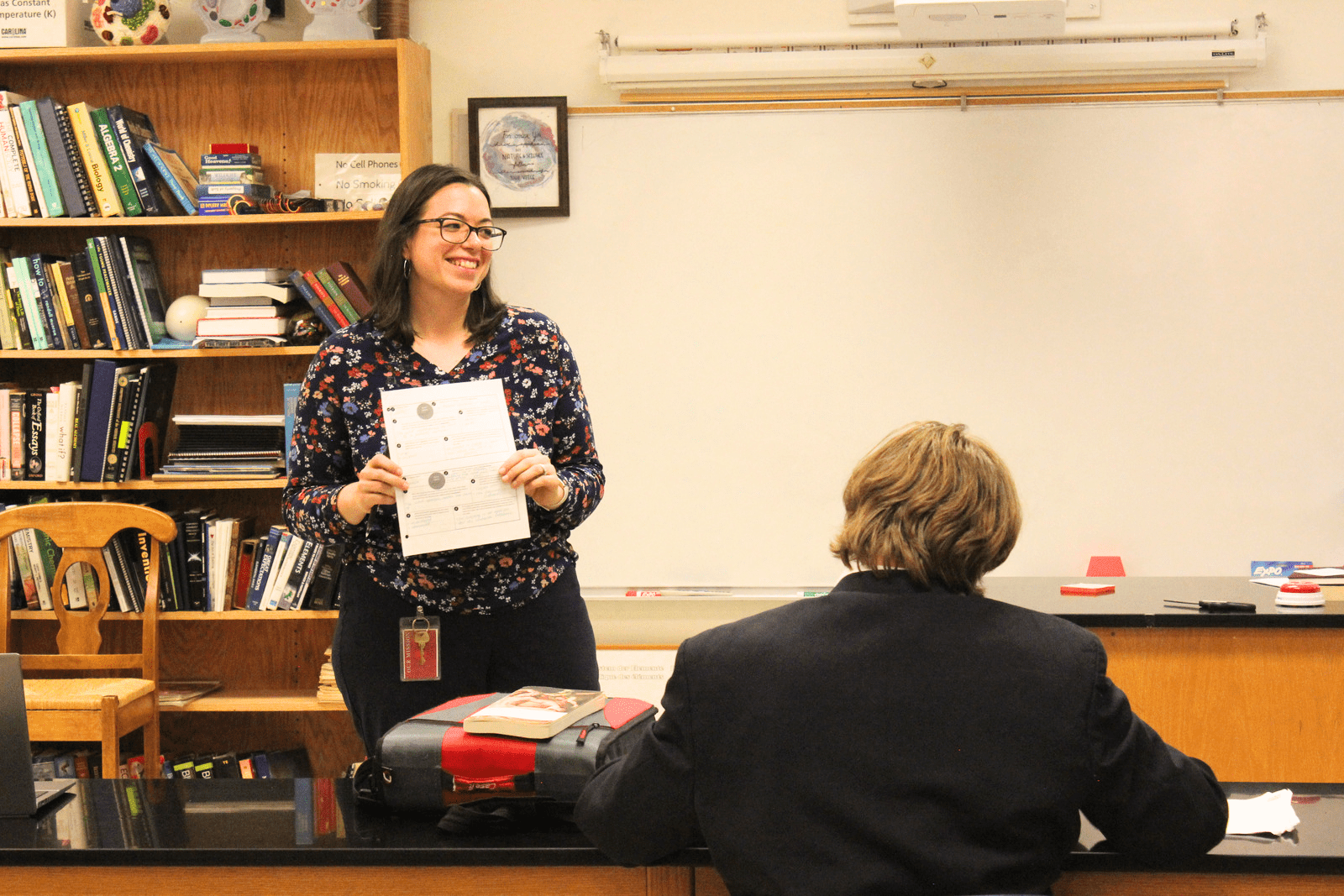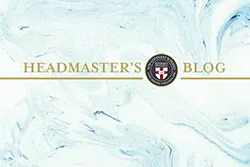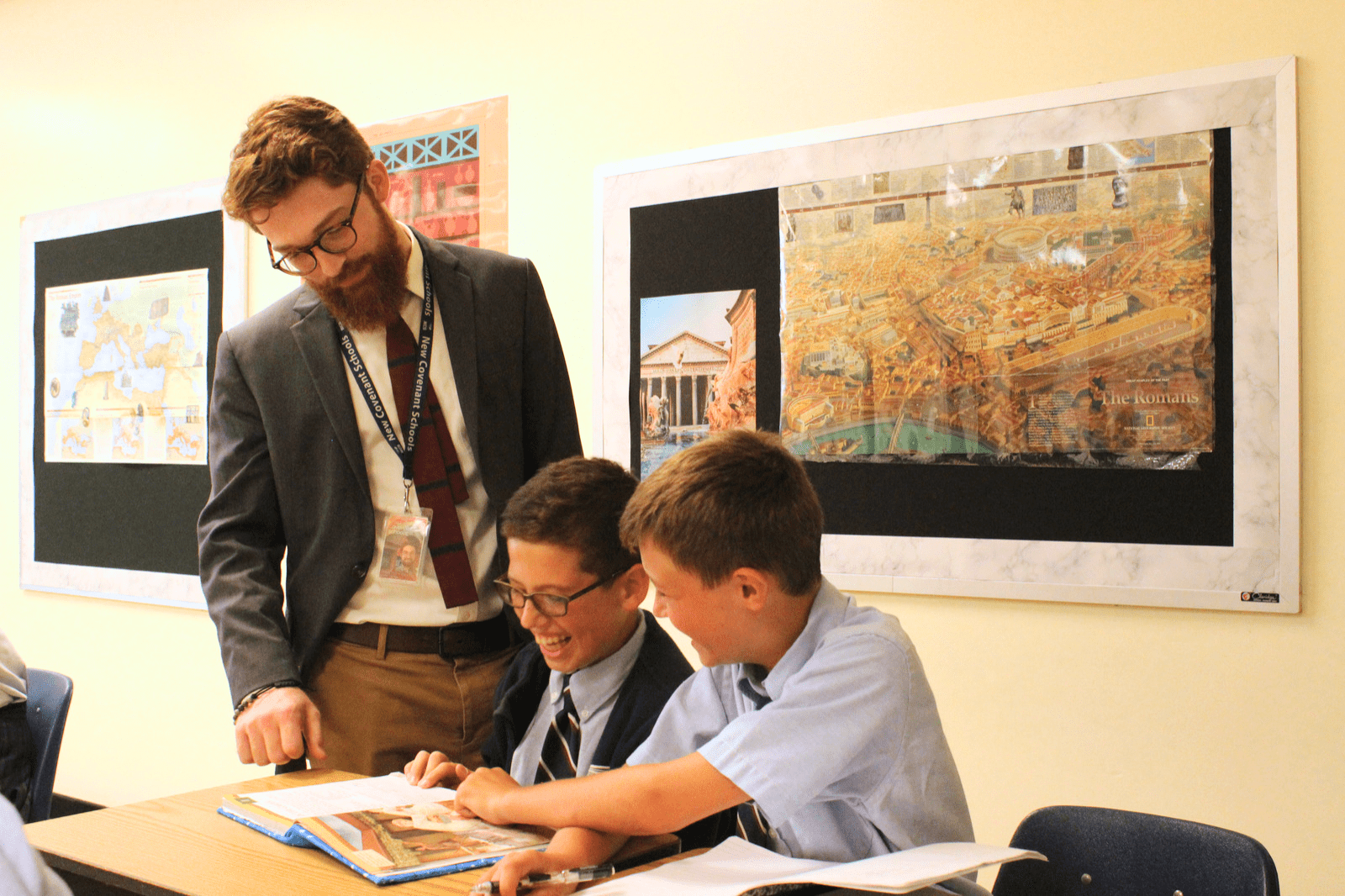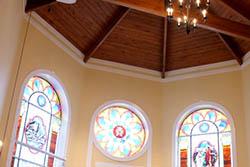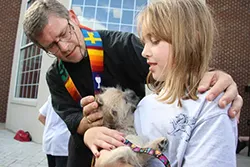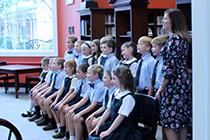Faith and Values
Our Religious Affiliation
New Covenant Schools was founded in the Anglican tradition, and is affiliated with the Reformed Episcopal Church. Our students represent more than 60 churches from the Lynchburg area. Faculty members are chosen first for their embrace of the Christian Faith, as well as for their competencies in subject areas. We strive to maintain an authentic, spiritually nurturing school culture. All students attend chapel once each week, and the traditional Book of Common Prayer is used in the fifth grade and above. New Covenant does not discriminate in its admissions on the basis of religious faith.
What is the Reformed Episcopal Church?
It’s a traditional Episcopal denomination (Anglican tradition) that began in 1873. It adheres to the ancient creeds (Apostles’ & Nicene, etc.) and the Thirty-Nine Articles of Religion of the English Reformation. No matter what your background, however, our goal is that our Baptist students become better Baptists, our Methodists, better Methodists, our Presbyterians, better Presbyterians, and so on. Above all, we encourage all of our students to become better Christians.
Read the Thirty Nine Articles of Religion here.
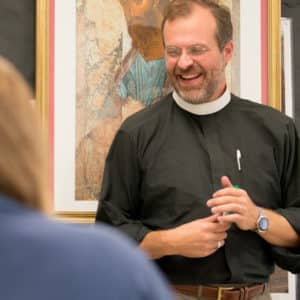
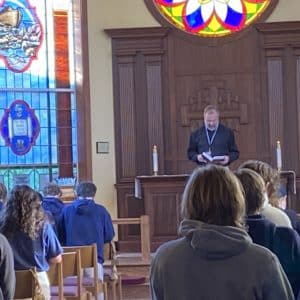
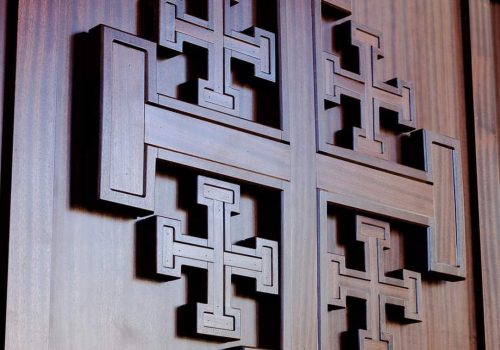
To Summarize our faith
One canon (collection) of Holy Scripture.
Two testaments: The Old and New Testaments are the word of God.
Three creeds: The Apostles’ Creed, the Nicene Creed, and the Athanasian Creed summarize apostolic teaching.
Four Councils: Nicea (ad 325); Constantinople (ad 381); Ephesus (ad 431); and Chalcedon (ad 451), establish essential Christian teaching.
Where We stand on Current Social Issues
Our society is in continual flux on issues of gender, sexuality, identity and race. New Covenant is committed to a long and clear tradition of faith and values, and continues to uphold the Church’s teaching on these matters. We neither condone nor encourage exploration of sexual identities, nor sexual activity outside of a marriage commitment between a man and woman. We further believe that all men and women are created in the image of God, and that racism – discrimination based upon unalterable human features – in any form is repugnant to Christian teaching. We also oppose current trends toward “Diversity, Equity, and Inclusion” (DEI) as largely advocating not merely for fairness (which we support), but for endorsement and affirmation of behaviors that we find contrary to Scripture, Apostolic teaching, and the tradition of the Church.
Read “Sexuality and Identity: A Pastoral Statement From the College of Bishops.
Read “Orthodox Anglican Social Teaching: Pandemic, Identity, and Ethnicity.”
On Sexuality and Identity
“Our society has collapsed into a sexual world view which attempts to redefine the image of God in humanity as predominantly one of sexual orientation and behavior. To the contrary, the early chapters of the Bible reveal that the Lord made humans to be primarily doxological creatures, designed to worship the one true God forever. Humanity’s essential identity is found in communion with God and not in sexual activity. For this reason, even though God made humans with sexual capacity through the enjoyment of procreation in Biblical marriage, sexual activity is temporal and not eternal. Yet overall, we see this development of distorted worldview and culture as a God-given opportunity to share the Gospel truth that by God’s grace we may become new persons in Christ.” — from SEXUALITY AND IDENTITY: A PASTORAL STATEMENT FROM THE COLLEGE OF BISHOPS, 2021
Read the whole statement here
Critical Race Theory
“While models such as Critical Race Theory may at some points offer useful information, they are not necessarily Biblical nor Christian in their premises, principles, and practices. They can even at times become explicitly anti-Christian displaying another kind of religious prejudice. And since they are only theories, they can offer misinformation or exclude key information. Moreover, these secular racial theories in the hands of some biased researchers unfortunately succumb to atheistic totalitarian, Marxist ideologies.” — from ORTHODOX ANGLICAN SOCIAL TEACHING: PANDEMIC, IDENTITY, AND ETHNICITY, 2021
Read the whole statement here


